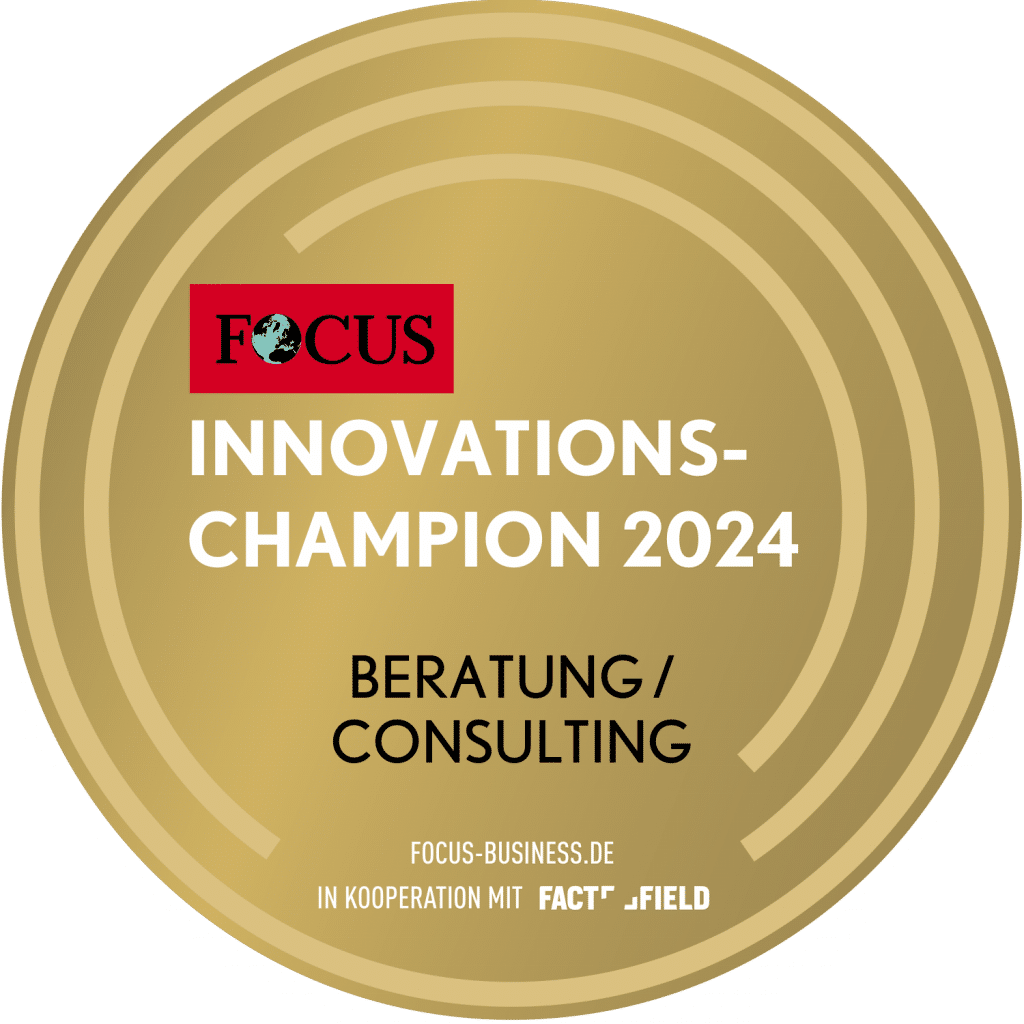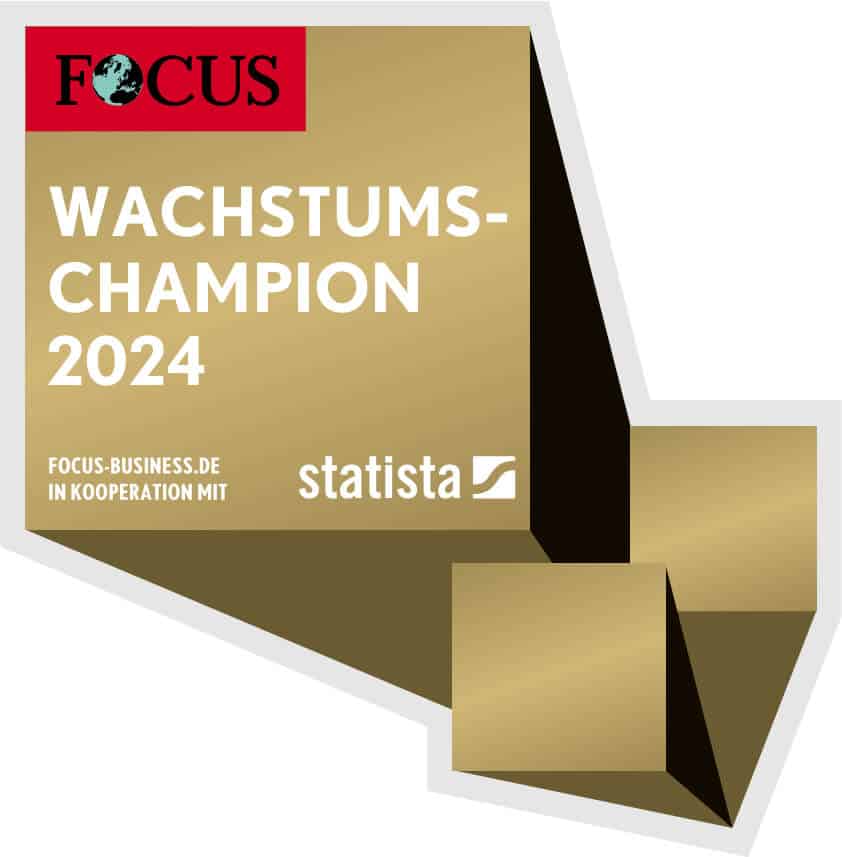In this article, the megatopic of sustainability is examined from the perspective of additional potential and concrete recommendations for action are given for the topic, which is becoming increasingly complex due to stricter regulation. In the first part of his article on the topic of sustainability and sustainability reporting Stefan Viewegwhy sustainability should be at the top of the agenda right now.
Note from the TCI editorial team: Register now for the TCI online event on the DNK approach and sustainability reporting on 14.06.2022 to 3.30 pm.
Why ride the sustainability wave at all? - Isn't there anything more important at the moment?
Despite turbulence on the global and geopolitical stage, with essential threats that were not anticipated or long thought to have been overcome, the issue of sustainability must not be lost sight of: Ultimately, many problems that already exist and can be expected in the future are precisely due to a lack of sustainability.
50 years ago, the Club of Rome warned
And perhaps a brief digression into the past will help here: On March 2, 1972 - 50 years ago - an international team of MIT scientists led by Dennis L. Meadows presented the Club of Rome and the global public with "The Limits to Growth" presented their simulation results and urgent recommendations for action to preserve a viable planet Earth: The global natural system in which we all live cannot sustain current economic and population growth for much longer than the next century.

At the time, the key message was:
"With the current [1972] growth trends of the world population[1]industrialization, environmental pollution, food production and the depletion of resources, the limits to growth on this planet will be reached at some point within the next hundred years."
What follows from this?
Two options are possible in response to this forecast development:
- The most likely outcome will be a fairly sudden and uncontrollable decline in both population and industrial capacity.
- "It is possible to change these growth trends [...]. The state of global equilibrium could be shaped in such a way that the basic material needs of every person on earth are met and every person has an equal opportunity to realize their individual human potential."
However, even if the growth trends are changed
"[t]he measures [...] will realistically take at least 50 years to achieve this balanced equilibrium in a regulated process" and "[w]ith each year of delay, the orderly transition to a stable situation becomes much more difficult and reduces our remaining options for action."
It is up to the reader to interpret what has been achieved in the last 50 years.
It should hardly come as a surprise that we have been 50 years recommended, orderly transition further away than ever are.
Why has so little been achieved so far in terms of sustainability?
The first advisor to the US President on global resources and the environment, Yale University Professor Gus Speth, gets to the heart of the matter in his razor-sharp analysis:
"I used to think the top global environmental problems were biodiversity loss, ecosystem collapse and climate change. I thought that with 30 years of good science we could address these problems.
But I was wrong.
The top environmental problems are selfishness, greed and apathy, and to deal with these we need a spiritual and cultural transformation, and we scientists don't know how to do that."
Taking sustainability seriously pays off - both in the short term and economically
Apathy, like fear, is generally not a good advisor - not even for companies. Bear in mind that the issue of sustainability is now firmly anchored in the heart of society:
- Following a series of UN conferences with the Paris Agreement of 2015, the minimum target of a maximum temperature rise of 2°C was set. Its implementation was subsequently specified, including at the UN Climate Change Conference in Glasgow in 2021.
- Fridays for Future demos have been held regularly since 2019.
- A clear political commitment to climate protection on the part of the new EU Commission with the "Green Deal" and the resulting redirection of financial resources (2019).
- There is no democratic political party in Germany that does not take a stance on sustainability.
- In the real economy, we are observing a Increasing expansion of the product range to include "organic" or "eco"-labeled products (for the former alone 9% Growth p.a..[2]) etc. through to very successful "fundamentally convinced entrepreneurship" with approaches from the common good economy.
Economic reasons for more sustainability in companies
There are at least two very pragmatic and economic reasons why companies are addressing the issue of sustainability. pro-active should deal with:
- Quick-Win-Win: Targeted sustainability measures lead to concrete resource savings and quality improvements that are also economically positive in the short or medium term The range of measures extends from small-scale process improvements (such as saving on unprinted emails and minimizing business trips) to substantial investments in more efficient machinery and production processes with significantly reduced emissions. Investment in a (YET!) comparatively comfortable interest rate levels are therefore more urgent than ever.
- Early discussion and transparent reporting on the topic of sustainability lead to profitable stakeholder management, as the following examples show.
Customer loyalty through sustainability
Customer loyalty is much easier to achieve through authentic communication about goals and progress made in terms of sustainability. This is shown, for example, by a survey conducted by IFAK, GfK Media and Communication Research and forsa marplan between 2017 and 2021: The population in Germany was asked about their attitude to the following statement: "When buying products, it is important to me that the company in question acts in a socially and environmentally responsible manner"

Over the four years, approval has risen considerably (5% p.a. for "strongly agree", 3% p.a. for "mostly agree", while at the same time (partial) rejection has fallen by 4% p.a. in each case) and has already reached well over half in 2021 at 58%.
HR: Employer branding through sustainability
In the HR sector, it is clear that the topic of sustainability is important for employer branding, as according to a Randstad/Civey study (2020), a good third of respondents already see this as an important decision criterion when choosing an employer and more than half of the HR managers surveyed see sustainability as a means of employee retention. It should be borne in mind that the topic of sustainability does not only refer to waste separation or CO2 emissions, but also includes social aspects in particular.
Conclusion and outlook
The reasons for companies to become more sustainable and invest in the topic are clear: on the one hand, it is their social duty as entrepreneurs, just as we must all contribute to preserving our planet. On the other hand, it is also worthwhile in pragmatic economic terms.
But how exactly can more sustainability be anchored in the company? And what are the pitfalls of such a transition? Find out more in the second part of Stefan Vieweg's article, which will be published on Monday, May 30, 2022.

Register now for the TCI online event "Winning with sustainability - reporting with the German Sustainability Code"
You will receive even more background information and valuable practical tips at the TCI online event "Winning with sustainability - reporting with the German Sustainability Code", which will be held on June 14, 2022 at 3:30 pm takes place.
Register now: https://us06web.zoom.us/webinar/register/WN_G5srfOwzScWPIKHOsX2kLA
DNK training: How can sustainability be implemented in the company?
Stefan Vieweg is a DNK training partner and offers DNK training courses for companies.

- You will receive all information about requirements and Regulations
- You are informed about the Certification process informed
- You will receive important tips for creating your DNK report
- You receive concrete assistance for the Implementing sustainability in your company.
If you have any questions, please contact Stefan Vieweg at DNK@vieweg-beratung.de available.
Register directly for a DNK training course - the next dates are
Here you will find Further dates.
Source cover image: © ipopba | Adobe Stock
[1] Currently [2022] we have an increase of 90 million people per year, for 2023 the mark of 8 billion is expected, i.e. the year in which India will have displaced China from first place in terms of population! (In 1974, the world population reached 4 billion)
[2] Own representation, data source: oekolandbau.de. (January 18, 2022). Number of products with organic label in Germany in the years 2004 to 2021*. In Statista. Accessed on May 10, 2022, from https://de.statista.com/statistik/daten/studie/421382/umfrage/produkte-mit-bio-siegel-in-deutschland/


